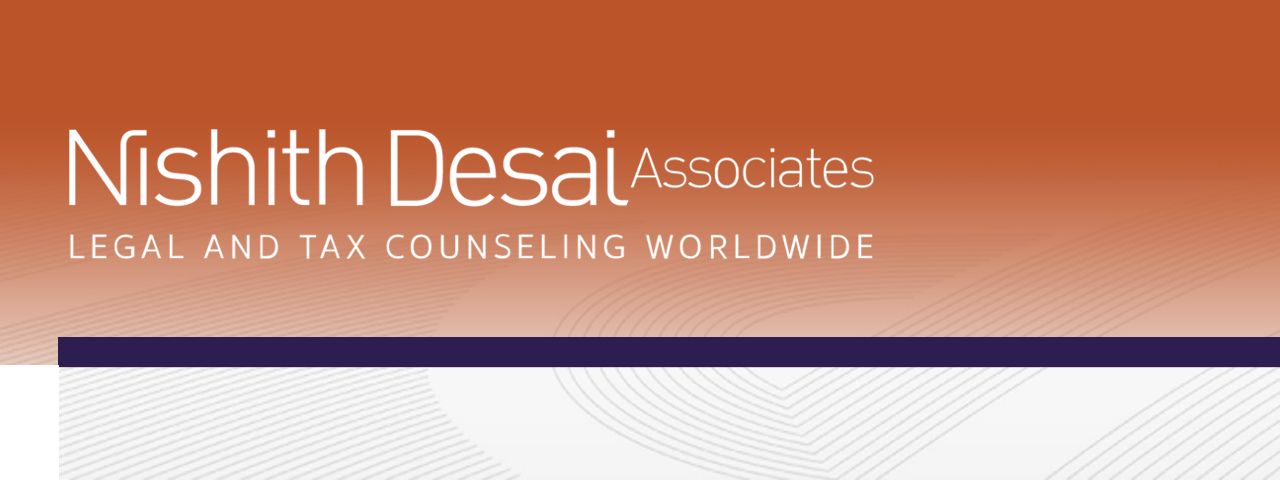|
|
|


On June 28, 2022, the U.S. Securities and Exchange Commission (“SEC”) charged1 Ernst & Young LLP (“EY”) for (i) cheating by its audit professionals on exams required to obtain and maintain Certified Public Accountant (CPA) licenses; and (ii) withholding evidence of this misconduct from the SEC’s Enforcement Division during the Division’s investigation of the matter.
Statement from the SEC’s Enforcement Division:
Four statements by the SEC’s officers highlight the seriousness with which the SEC have approached EY’s acts and conduct in the given facts and circumstances:
-
“This action involves breaches of trust by gatekeepers within the gatekeeper entrusted to audit many of our Nation’s public companies. It’s simply outrageous that the very professionals responsible for catching cheating by clients cheated on ethics exams of all things,” - Gurbir S. Grewal, Director of the SEC’s Enforcement Division
-
“And it’s equally shocking that Ernst & Young hindered our investigation of this misconduct. This action should serve as a clear message that the SEC will not tolerate integrity failures by independent auditors who choose the easier wrong over the harder right.” - Gurbir S. Grewal, Director of the SEC’s Enforcement Division
-
“The SEC will not permit the submission of misleading information or any action that delays or frustrates our mandate to protect investors and our markets” - Melissa R. Hodgman, Associate Director of the SEC’s Enforcement Division.
-
“Ernst & Young faces significant sanctions and extensive remediation to ensure that its culture and conduct meet the ethical standards required of those responsible for the integrity of our capital markets.” - Melissa R. Hodgman, Associate Director of the SEC’s Enforcement Division.
Findings:
EY admitted the facts underlying the SEC’s charges and agreed to pay a $100 million penalty, the largest ever penalty imposed by the SEC against an audit firm, and undertake extensive remedial measures to fix the firm’s ethical issues. Some of EY’s admissions, as set out in the SEC press release, are as under:
-
EY admits that, over multiple years, a significant number of EY audit professionals cheated on the ethics component of CPA exams and various continuing professional education courses required to maintain CPA licenses, including ones designed to ensure that accountants can properly evaluate whether clients’ financial statements comply with Generally Accepted Accounting Principles.
-
EY further admits that during the Enforcement Division’s investigation of potential cheating at the firm, EY made a submission conveying to the Division that EY did not have current issues with cheating when, in fact, the firm had been informed of potential cheating on a CPA ethics exam.
-
EY also admits that it did not correct its submission even after it launched an internal investigation into cheating on CPA ethics and other exams and confirmed there had been cheating, and even after its senior lawyers discussed the matter with members of the firm’s senior management.
According to the SEC, EY did not cooperate in the SEC’s investigation regarding its materially misleading submission.
Remedial measures:
In addition to paying the penalty, the SEC order required EY to engage in extensive undertakings, including retaining two separate independent consultants to help remediate its deficiencies. One consultant will review the firm’s policies and procedures relating to ethics and integrity. The other will review EY’s conduct regarding its disclosure failures, including whether any EY employees contributed to the firm’s failure to correct its misleading submission.
Analysis:
The SEC has found major wrongdoing by EY including finding that EY (i) violated a Public Company Accounting Oversight Board (PCAOB) rule requiring the firm to maintain integrity in the performance of a professional service; (ii) committed acts discreditable to the accounting profession; and (iii) failed to maintain an appropriate system of quality control. Pursuant to certain applicable provisions of the Exchange Act and Rules and the Commission’s Rules of Practice, the order further demonstrates the stringent manner in which any contravention of an auditor’s duties is handled by the SEC. It is also noteworthy to mention that the SEC looked very strongly upon submission of misleading information or any action that delays or frustrates the SEC’s mandate to protect investors and markets in an investigation that is being conducted by the SEC.
While many talk about the evolution and growth of the business ecosystem and its sophistication at large, we must also recognize that a regulatory body should also grow and evolve in as sophisticated a manner and embrace evolution. While the SEC’s order does stand, we note the press note2 issued by the Commissioner Hester M. Peirce of the SEC where, in addition to setting out some relevant facts, she explains her dissent and rationale for not supporting the settlement.
In India, there is a void that exists where the conduct of an auditor is not scrutinized by a regulator and in a timely manner. Moreso, any order that emanates is usually appealed; final adjudication takes decades. Justice delayed is often justice denied. One must not lose sight of the fact that in today’s entwined world, where concepts such as ease of doing business are to be handled as carefully as ensuring a free and fair ecosystem, the regulatory system that oversees conduct of all ecosystem participants including the auditor needs to be strengthened.
Kindly refer to our previous Yes, Governance Matters hotline entitled “When the watchdog is caught napping”3 where we, amongst other things, specifically highlight the critical work done by the office of the auditor and the need to strengthen the same.
1 https://www.sec.gov/news/press-release/2022-114
2 https://www.sec.gov/news/statement/peirce-statement-ernst-and-young-062822?
utm_medium=email&utm_source=govdelivery
3 https://www.nishithdesai.com/fileadmin/user_upload/Html/Hotline/YGM_M_Jun1522.htm
Disclaimer
The contents of this hotline should not be construed as legal opinion. View detailed disclaimer.
Research Papers
Compendium of Research Papers
Digital Health in India
The Indian Pharmaceutical Industry
Medical Device Industry in India |
NDA ConnectConnect with us at events,
|
NDA Hotline |


